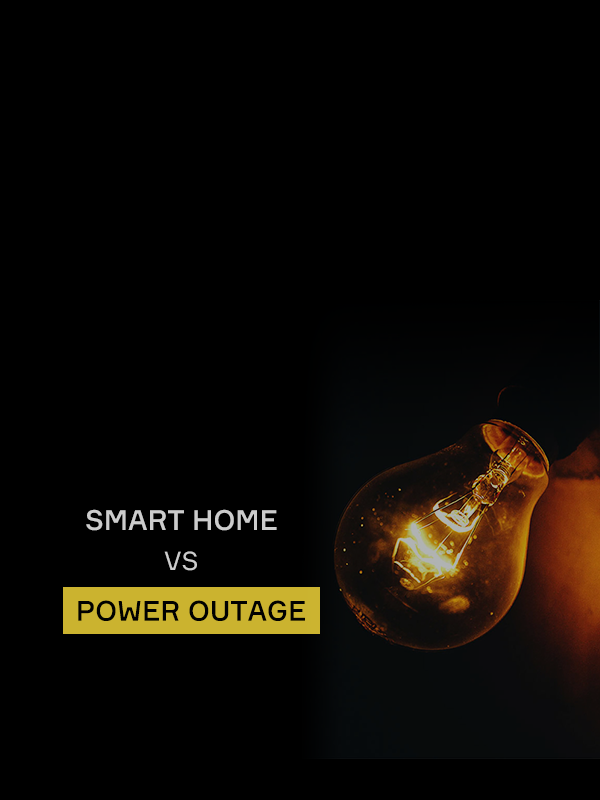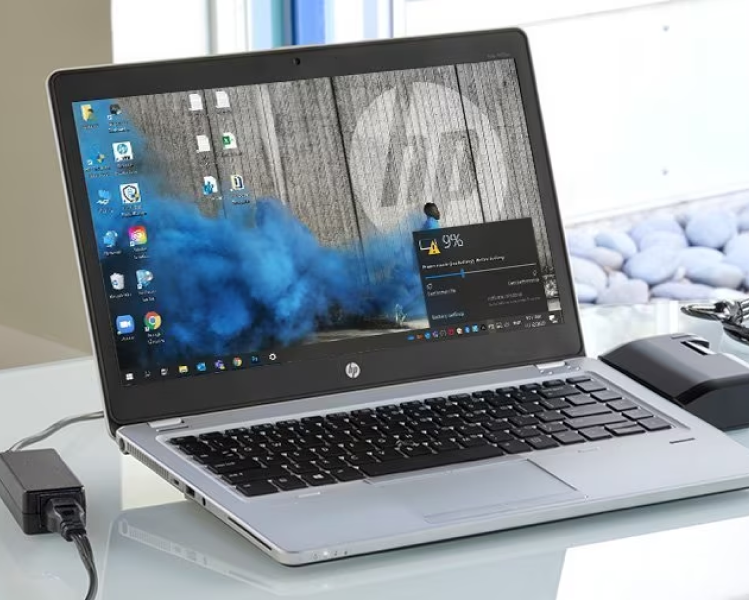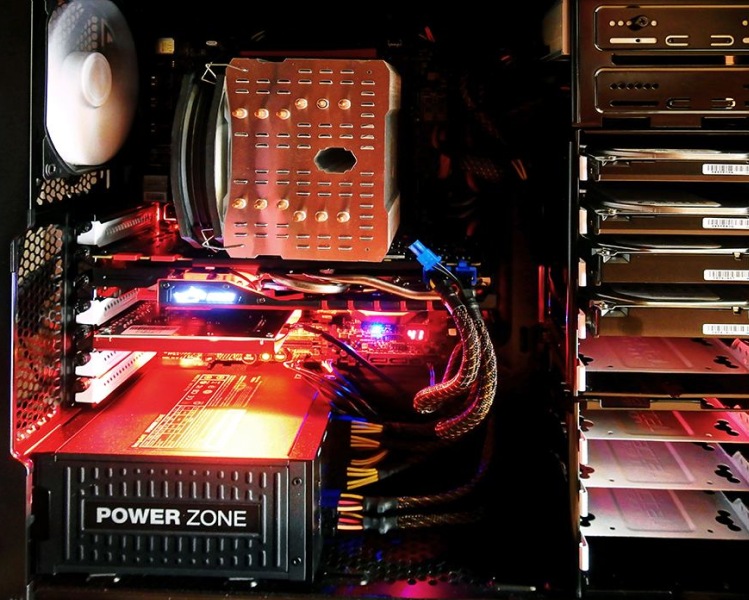Smart Devices
Devices without batteries: What are some devices with no batteries? Smart bulbs, plugs, thermostats, etc. are normally connected directly to a power outlet. If there is a power outage, these devices will also be out. There are some exceptions, such as the Philips Hue Go, which comes with a backup battery.
Devices with batteries: motion sensors, climate sensors, smoke sensors, etc. normally have batteries. If they work independent of a hub, then they will still work. However, if they need to be connected to a smart hub to work through ZigBee/Z-wave then you will have to get a smart hub that has a backup battery and the ZigBee/Z-wave protocols.
Smart Cameras: These are unlikely to work unless they have a backup battery like some Arlo and Sense8 cameras. Remotely accessing them from your phone will stop working because of a lack of internet.
Smart Locks: Many smart locks use batteries and will continue to work. If the batteries are dead, you can replace them, or you can just manually lock/unlock them with a key. If your locks are connected to the hub (with backup battery), then the routines/rules will also work. For example, routines set up to lock the door when motion is detected.
Smart Hubs
Cloud-based hubs: Amazon Echo and Google Home Hub will stop working. They don’t have a backup battery and they require the internet to work
Samsung SmartThings: The latest generation (3rd) does not have a backup battery, but the 2nd generation does.
Wink Hub 2: No, no backup battery
Voice Assistants
Amazon Alexa: No. It’s cloud-based and the Amazon echo devices don’t have a backup battery
Google Assistant: No. It’s cloud-based and the Google Home devices don’t have a backup battery
Routines/Rules/Automation
Any routines that required the internet or involves non-battery devices will not work. Local routines will work if you have a hub that processes data locally and has a backup battery. However, if you have a routine that turns on your smart light switch (no battery), it will not work during a power outage.











